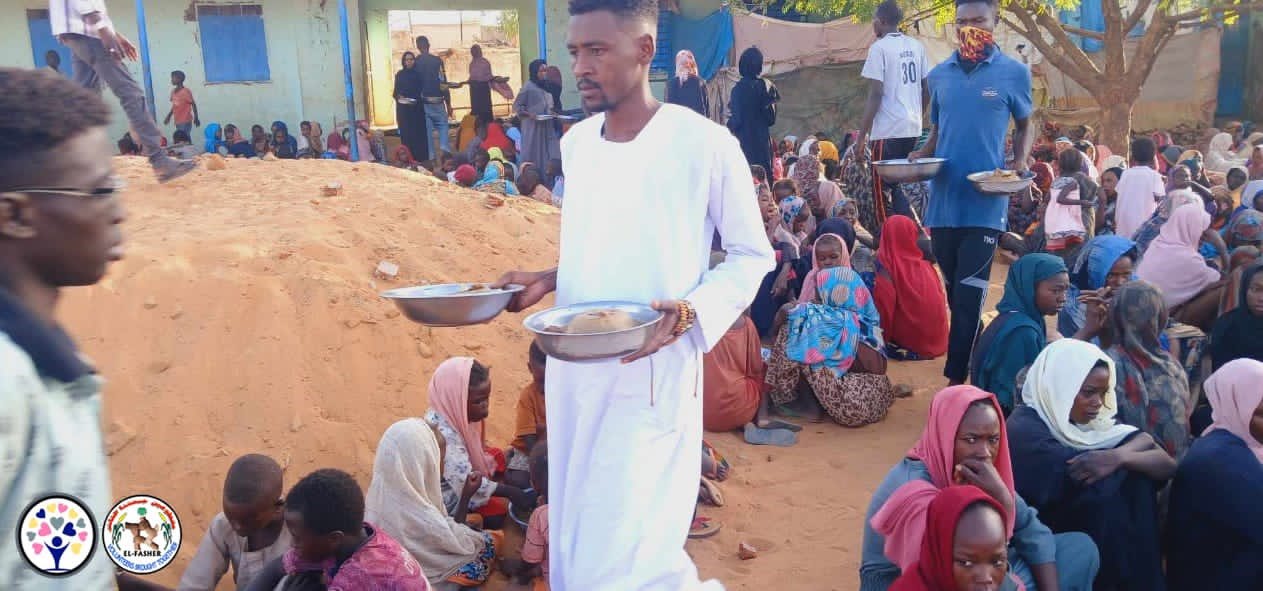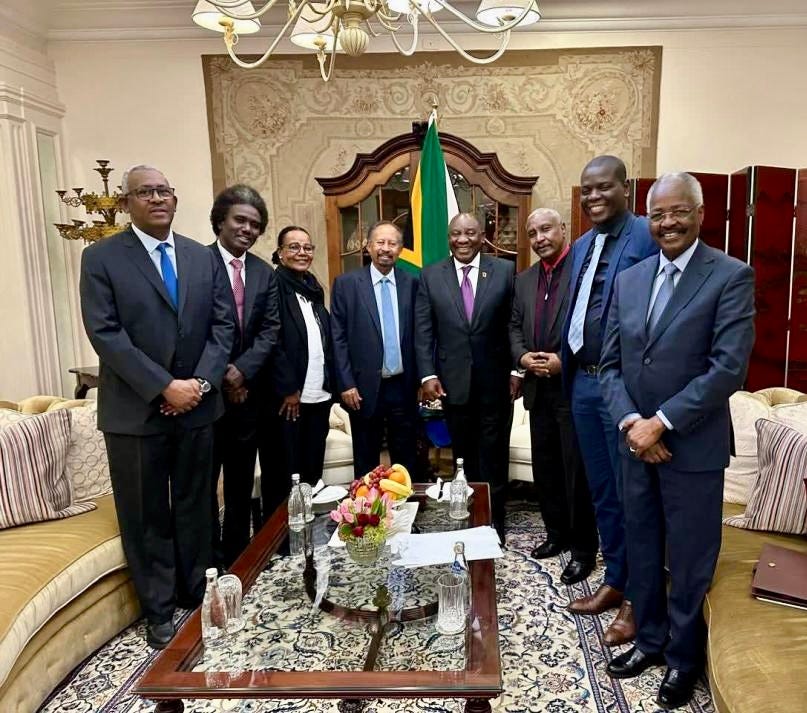Holding Two Truths: Hamdok, Sudan, and the Cost of Survival
On an icy winter morning, as I drove to Pretoria to meet the man who once tried to unify Sudan’s fractured nation, I ran through all the questions I wanted to ask him.
My most burning one: How can Sudan find her way to peace?
The man in question, former Sudanese Prime Minister Abdalla Hamdok, an economist and former United Nations official, became Sudan’s civilian leader in 2019 after the fall of longtime military dictator Omar al-Bashir.
Hamdok was ousted following a coup by the Sudanese Armed Forces (SAF) and the Rapid Support Forces (RSF) in late 2021. He was briefly reinstated but resigned in early 2022 after widespread public protests against his deal with the military—an agreement to form a civilian-led government under military oversight.
A younger, more radical version of myself might have called Hamdok a sellout for that deal. But the older version of me—who has lived many lives since then, can hold space for both things to be true. Having met Hamdok, I now understand how this mild-mannered leader tried to save his people and country from deeper collapse in the only way he could see at the time.
It has been over three years since Sudan last had a civilian government, and two years since the current war began. Sudan has now become the world’s worst humanitarian disaster. Nearly 150,000 people have been killed. Over 14 million are displaced internally, and 3 million Sudanese have fled to neighbouring countries like South Sudan, Chad, Ethiopia, and Egypt.
Two years after the SAF and RSF turned on each other, their fight has devastated the nation. Instead of ending, the conflict has only intensified, with both factions battling for territory and political authority. Sudan’s capital, Khartoum, once a thriving hub of culture and ancient history—is now decimated. Key regions like Darfur and Kordofan are plagued by relentless assaults. Both forces are deploying drones, launching air raids, and engaging in fierce attacks in their respective strongholds: Port Sudan (SAF) and Nyala, South Darfur (RSF). They have caused thousands of civilian deaths, widespread torture, abductions, famine, and the near-total collapse of Sudan’s healthcare system.
And if you thought Sudan’s fracture was only a domestic issue, think again. The SAF has accused the United Arab Emirates of war crimes due to its alleged support for the RSF.
Meanwhile, the RSF has accused Iran and Russia of backing the SAF. These international proxy dynamics only deepen the despair. It's easy to engage in political analysis from afar, but on the ground, the suffering defies all commentary.
As Hamdok told The Debrief Network,
“The crisis in Sudan is bigger than all this—Gaza and Ukraine combined. However you look at it - loss of life, internally displaced people - we have more than 15 million. Over 3 or 4 million refugees. Destruction of property and infrastructure.”
In the end, Hamdok did answer my burning question. He believes peace in Sudan depends on three critical objectives:
1. Addressing the humanitarian crisis – This means ending the killing of all Sudanese—civilian and military, and ensuring access to shelter, food, and medicine.
2. Stopping the war – A technical process that includes a ceasefire, monitoring mechanisms, humanitarian corridors, and cross-border access.
3. Ending the war – A political process that requires a comprehensive, credible national dialogue.
The only thing that matters now is the survival of the Sudanese people. We cannot continue to abandon a nation destroyed by its own leaders. It’s time for the international community to truly mean it when they say: Never again—for everyone.








